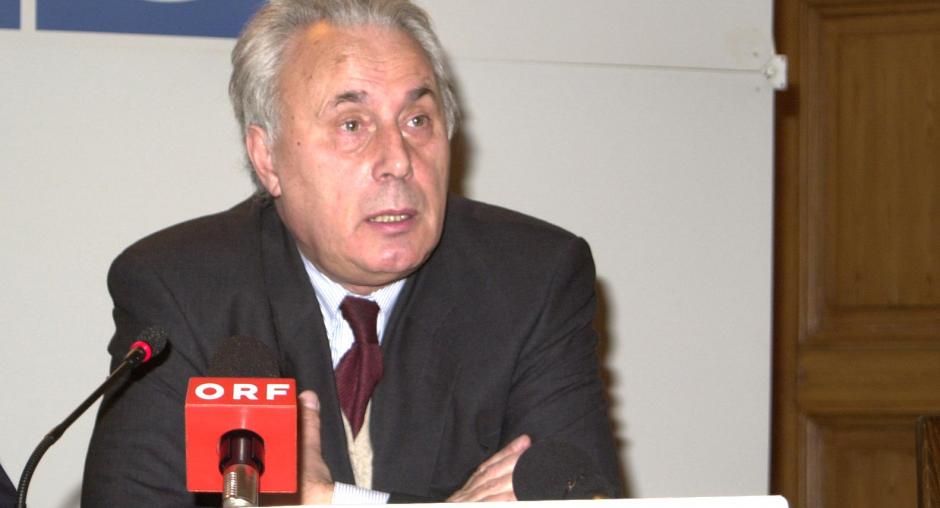OSCE region has mixed record on media freedom, says OSCE's Media Representative Freimut Duve

VIENNA, 2 May 2002 - The OSCE Representative on Freedom of the Media, Freimut Duve, said the OSCE region had a mixed record on media freedom in the wake of the 11 September terrorist attacks in the United States.
"There is a lot to be proud of as well as many things that should be rightly criticised", he said in a statement marking World Press Freedom Day on 3 May.
World Press Freedom Day focuses this year on the events of 11 September 2001 and how they have affected freedom of expression in the world.
"Some concerns have not materialized, with the media in many OSCE participating States continuing to vigilantly keep government in check", Mr. Duve said. "In other countries the 11 September tragedy became a catalyst for employing strong-arm tactics against independent journalists and for generally clamping down on free media. Reporters have also died covering the war on terror."
"In the OSCE region the picture is mixed", the OSCE's Media Representative said. "The initial chilling effect felt by journalists who were pressurized by their governments, both in the East and the West, has faded, with human rights issues again becoming areas of concern, and rightly so."
"However, some of our members introduced draconian measures against journalists, arrested and harassed those reporters who took a critical approach, often branding them 'supporters of terrorists'", Mr. Duve said. One of his concerns was the current media climate in the Central Asian states.
He urged OSCE participating States to ensure that:
- No new legislation is adopted that will curb the right of citizens to freedom of expression and that any legislative acts that are passed are in line with OSCE commitments;
- Any restrictions on information must be narrowly defined and in full compliance with national laws and Article 10 of the European Convention on Human Rights;
- The right of journalists to investigate government should not be restricted under the pretext of "national security" or "protection of state secrets" unless such measures are justified because of relevant (and again narrowly defined) intelligence and military considerations.
